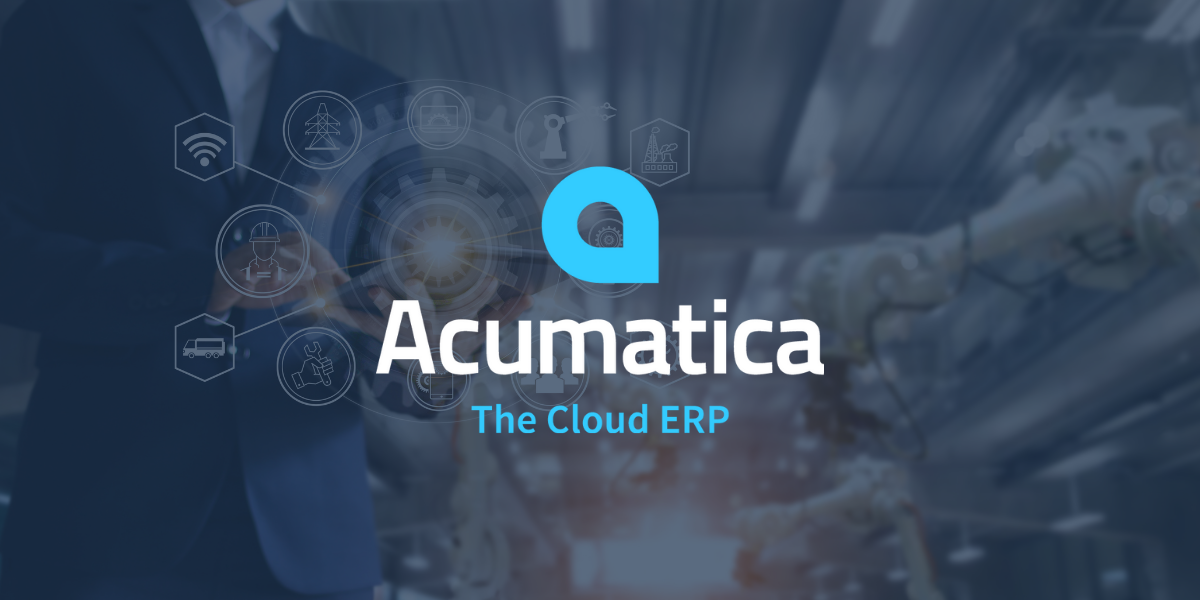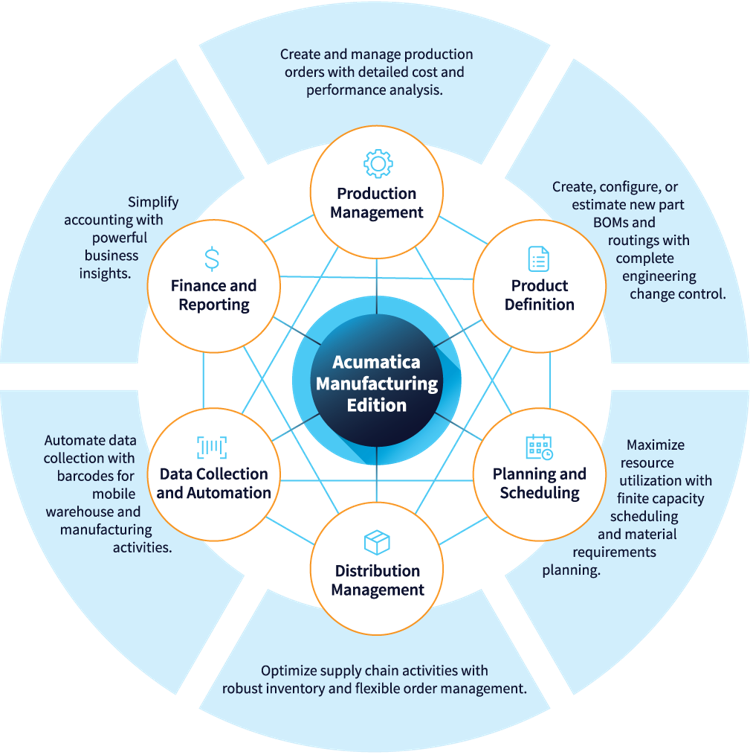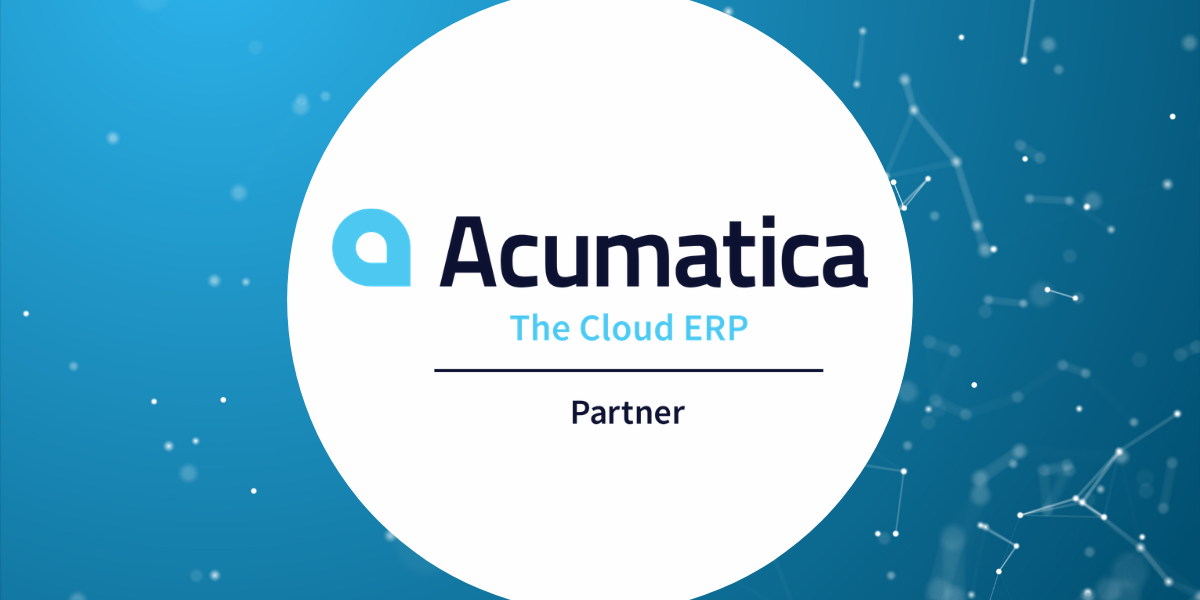LYNQ MES extends Cedar Bay’s portfolio of solutions to provide comprehensive manufacturing functionality to digitalise and drive factory performance. LYNQ’s MES (Manufacturing Execution System) integrates with Acumatica to provide visual planning and scheduling as well as comprehensive manual and automatic data collection and analysis from employees and machines to enable manufacturing companies to maximize efficiency, productivity, and profitability.
Cedar Bay works with Acumatica to bring efficiency, visibility, and automation to our customers worldwide. Acumatica’s great depth of functionality and Cedar Bay’s data capture solution enables us to do this. The team at Cedar Bay are excited to partner with LYNQ bringing the opportunity to our existing and future customers, extending this functionality even further and take advantage of a best of breed Manufacturing Execution System (MES). LYNQ has a native integration to Acumatica and is proven in the market to deliver further opportunities for return on investment in manufacturing environments.
“The long-term partnership we form with our customers is focus on maximising their return on investment (ROI). We are delighted to be able to provide a further route through partnering with LYNQ, allowing our existing and future customers to take advantage of the Manufacturing Execution System (MES) functionality in the LYNQ platform, natively integrated back to both Acumatica and IFS.” Matt Brown, Acumatica Operations Director
Cedar Bay has years of experience implementing large scale ERP solutions and establishing long-term partnerships with customers to deliver a bespoke solution. Cedar Bay has partnered with IFS ERP solution providers for many years, enabling the team to bring their vast amount of software and business practice knowledge to the forefront when delivering Acumatica projects. Our team help with effective strategic planning and creating roadmaps that focus on the delivery of the solution to meet customer requirements. Cedar Bay’s focus is to help our customers grow through their use of technology.
About LYNQ
LYNQ is reinventing manufacturing execution system (MES) software. Configurable, intelligent and quick to deploy, LYNQ helps manufacturers around the world thrive in today’s competitive market. LYNQ technology drives continuous improvement with plug and play manufacturing operations management software, that is easy to work with and enjoyable to use. Designed, developed and deployed to a high standard for a fraction of the typical cost, LYNQ MES accelerates digital transformation and automation initiatives to achieve delivery, quality and financial goals.
Find out more:
Cedar Bay: cedar-bay.com
Email: info@cedar-bay.com
Phone: +44 (0)1242 304244
LYNQ MES https://lynqmes.com/
Email: marketing@lynqmes.com
Phone: +441329800000












